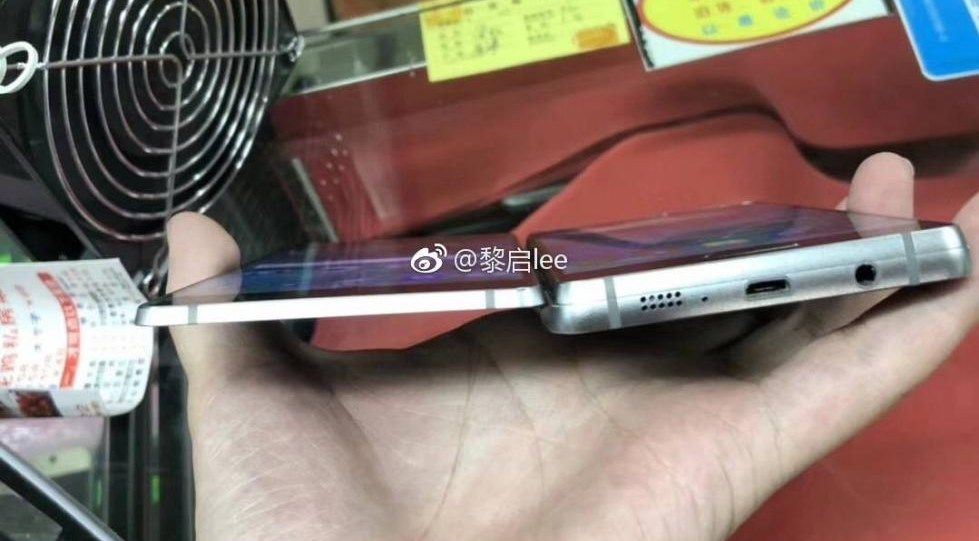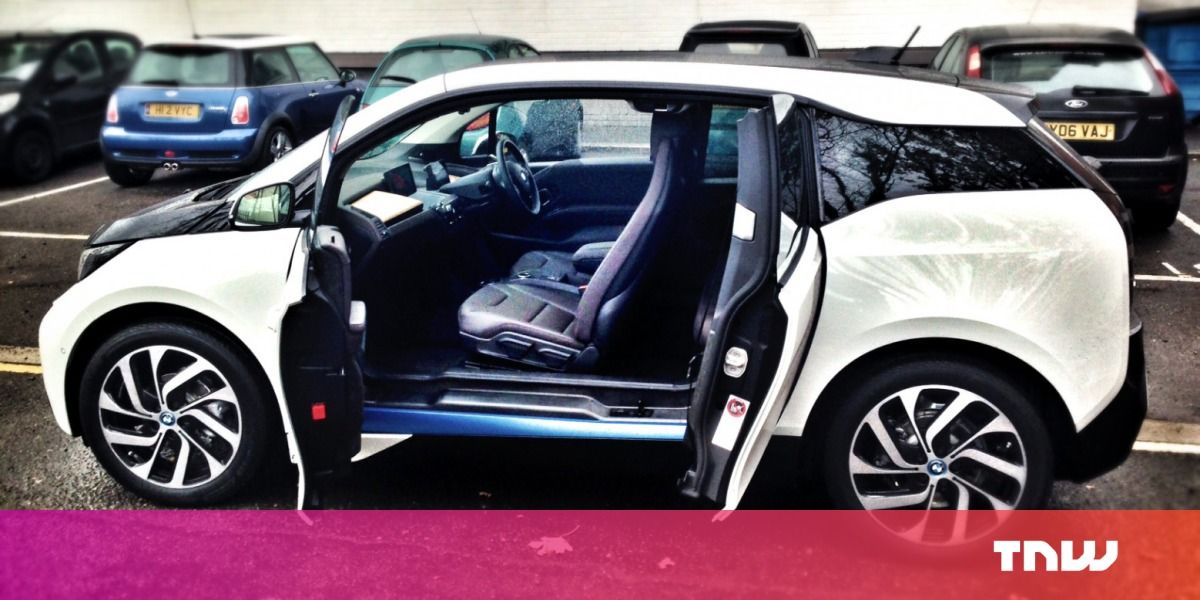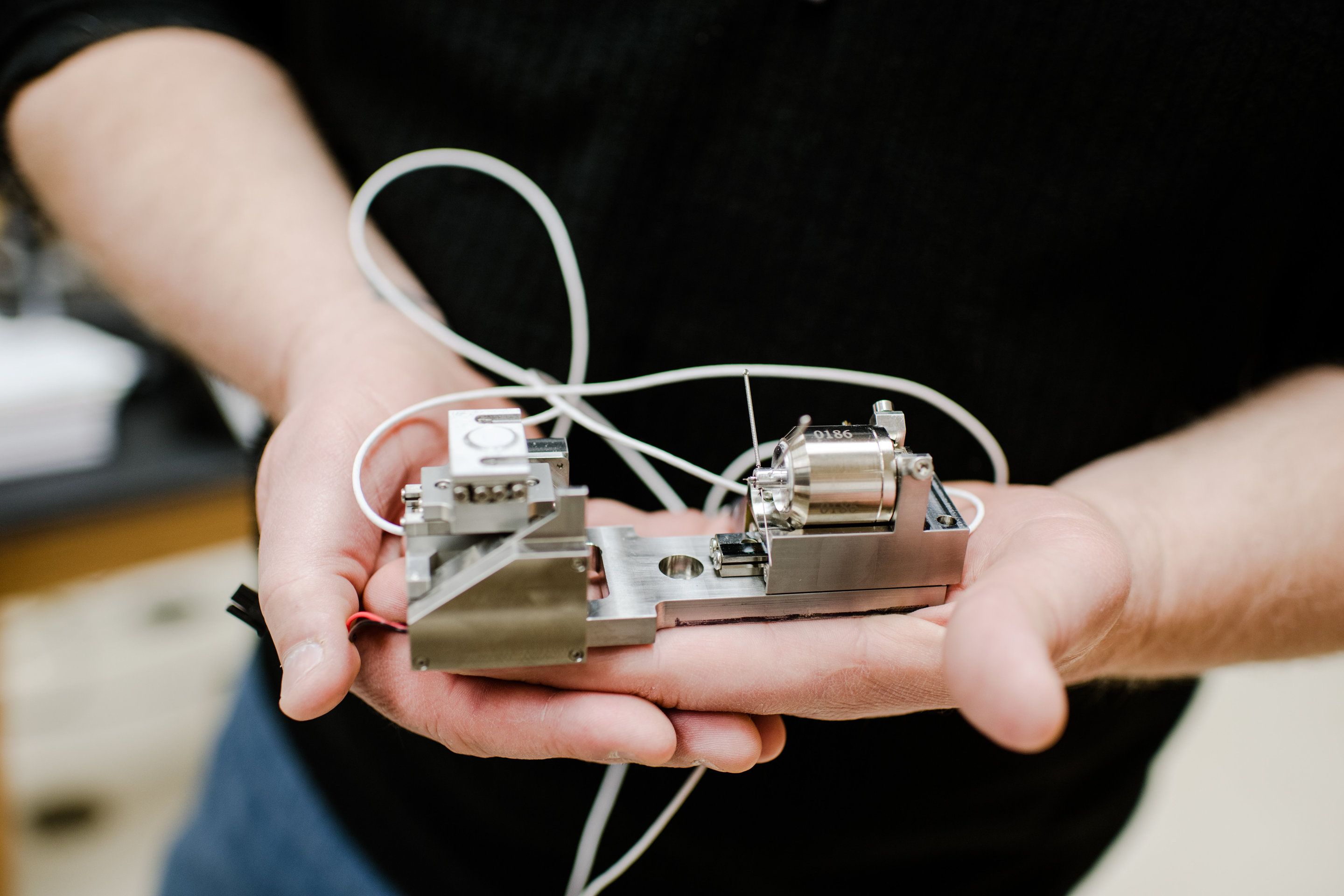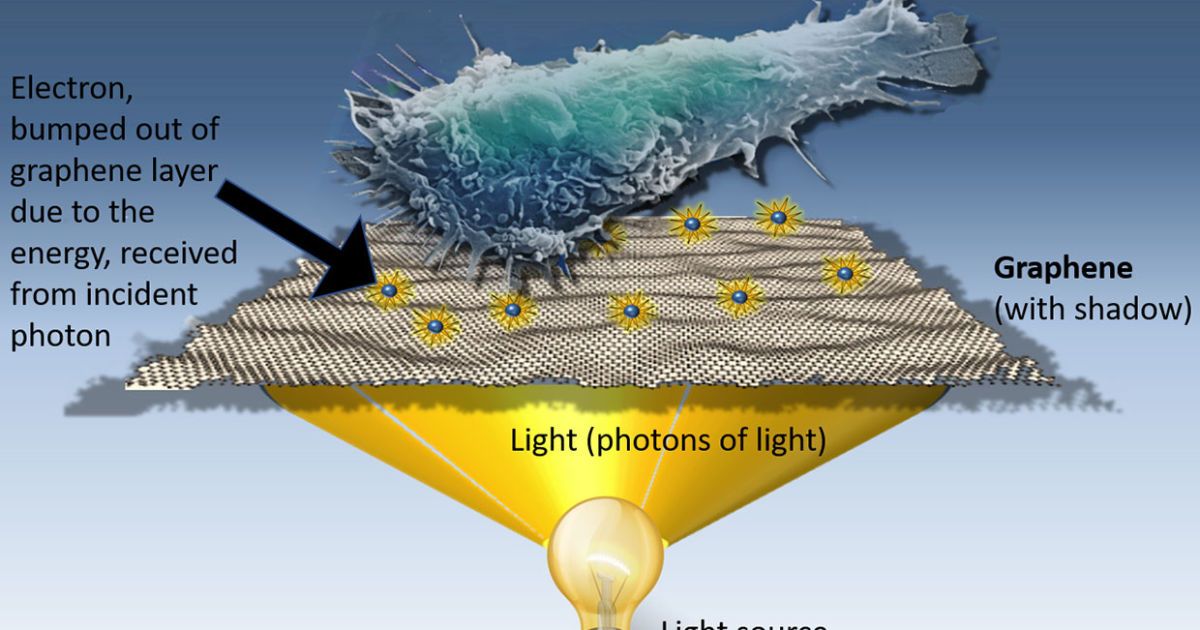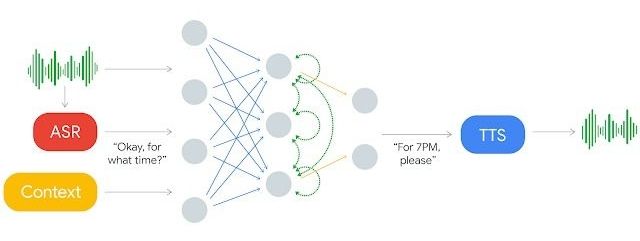Archive for the ‘mobile phones’ category: Page 177
Jun 25, 2018
Volvo is making a true ‘Autopilot’ that’ll let you eat, sleep, or watch movies – coming in 3 years
Posted by Bill Kemp in categories: food, mobile phones, robotics/AI
Self-driving cars have gone from DARPA project to roaming our streets much faster than anyone predicted, but if you bring the topic up with a grouchy truck nuts-owning uncle, the response is probably going to be “Yeah, but when can I buy one?”
Volvo is making a more concrete (and realistic!) pledge than most of its competitors: to have a Level 4 autonomous car in showrooms, buyable and usable, by 2021. Level 4 doesn’t mean full autonomy, but what it does mean is that you can have the bulk of your commute completely automated.
Don’t Miss : Get the wireless charger that should’ve come with your phone for $13.
Jun 25, 2018
Want to feel more Calm, get some Headspace, and practice Mindfulness Daily?
Posted by Alvaro Fernandez in categories: education, mobile phones, space
Good update on the science around popular mindfulness apps — “It is vital that we understand the potential benefits of engaging with such apps, and how these compare to programs that are taught in-person…”
Let me ask again…want to feel more Calm, get some Headspace, and practice Mindfulness Daily?
There are apps for that—hundreds of them, besides the three I just mentioned.
Continue reading “Want to feel more Calm, get some Headspace, and practice Mindfulness Daily?” »
Jun 22, 2018
Apple, Samsung, BMW, and others are working on a digital car key
Posted by Genevieve Klien in categories: mobile phones, transportation
A bunch of modern cars already let you unlock your vehicle using your phone, but there isn’t a standard to ensure that the feature will work across devices for years to come. Thankfully, a number of tech firms and automakers are coming together to sort that out.
More than 70 companies, including the likes of Apple, LG, Samsung, Panasonic, Audi, GM, BMW, Hyundai, NXP, Qualcomm, and Volkswagen, have joined hands under the Car Connectivity Consortium to create the Digital Key standard, which is a specification that aims to let you securely unlock and start your vehicle across car and mobile device brands.
The publication of this standard should not only help more companies adopt these features, but also allow owners to share access to their vehicles with others, through their phones.
Continue reading “Apple, Samsung, BMW, and others are working on a digital car key” »
Jun 19, 2018
Can Thousands of Smartphones Help Detect Cosmic Rays?
Posted by Genevieve Klien in categories: cosmology, mobile phones, particle physics
Your smartphone has a particle detector on it, and scientists want you to help them uncover how the universe really works and maybe even discover the true nature of dark matter. There are just a few bugs to work out.
High-energy particles from space, called cosmic rays, constantly bombard the Earth. There are all sorts of things we might be able to learn about the universe by studying those particles. We’ve previously discussed high-tech, expensive equipment used to monitor them. But the physicists behind a new project want your smartphone to help gather data on these cosmic rays, hopefully revealing new insights into dark matter and other strange phenomena.
“This project can only be successful with a large number of people,” Piotr Homola, associate professor at the Institute of Nuclear Physics at the Polish Academy of Sciences, told Gizmodo. “We need public engagement on an unprecedented scale.”
Continue reading “Can Thousands of Smartphones Help Detect Cosmic Rays?” »
Jun 2, 2018
This Smartphone Pioneer Is Fighting to Create a Transhumanist Superdemocracy
Posted by Derick Lee in categories: mobile phones, robotics/AI, sustainability, transhumanism
It’s a philosophy best exemplified by Wood’s book released last month, Transcending Politics: A Technoprogressive Roadmap to a Comprehensively Better Future, which starts by declaring politics “broken,” technology as something that “risks making matters worse,” and deems transhumanism the force that can fix it all “comprehensively”:
David Wood, a transhumanist who co-founded Symbian in 1998, is working to develop a transhumanist superdemocracy that uses the best parts of artificial intelligence and communication to draw on the likes of Zoltan Istvan and Peter Thiel in a new movement to create longevity and sustainable abundance for all.
May 29, 2018
Better, faster, stronger: Building batteries that don’t go boom
Posted by Bill Kemp in category: mobile phones
There’s an old saying: “You must learn to walk before you learn to run.” Despite such wisdom, numerous industries skip the basics and sign up for marathons instead, including the battery industry.
Lithium ion batteries hold incredible promise for improved storage capacity, but they are volatile. We’ve all heard the news about lithium ion batteries in phones—most notably the Samsung Galaxy 7—causing phones to catch fire.
Much of the problem arises from the use of flammable liquid electrolyte inside the battery. One approach is to use a non-flammable solid electrolyte together with a lithium metal electrode. This would increase the energy of the battery while at the same time decreasing the possibility of a fire.
Continue reading “Better, faster, stronger: Building batteries that don’t go boom” »
May 21, 2018
Graphene ‘stimulation’ could selectively kill off cancer cells
Posted by Genevieve Klien in categories: biotech/medical, computing, mobile phones
A chance lab discovery is opening up the possibility for wide-scale improvements in drug screening, application of selective painkillers, and selectively nuking cancer cells. The mystery material? Graphene, a semi-metal that’s composed of a single layer of carbon atoms. It’s already being used to make flexible OLED displays and reduce the energy costs of desalination, but its potential benefits for the medical field look promising too.
It began with a theory — scientists at the University of California knew graphene could convert light into electricity, and wondered whether that electricity had the capacity to stimulate human cells. Graphene is extremely sensitive to light (1,000 times more than traditional digital cameras and smartphones) and after experimenting with different light intensities, Alex Savchenko and his team discovered that cells could indeed be stimulated via optical graphene stimulation.
“I was looking at the microscope’s computer screen and I’m turning the knob for light intensity and I see the cells start beating faster,” he said. “I showed that to our grad students and they were yelling and jumping and asking if they could turn the knob. We had never seen this possibility of controlling cell contraction.”
Continue reading “Graphene ‘stimulation’ could selectively kill off cancer cells” »
May 13, 2018
A Post-Smartphone Future? How About: Bots That Accept Inaudible Commands, Impersonate Humans, and Know When You Kiss Someone
Posted by Genevieve Klien in categories: mobile phones, robotics/AI
Google and Amazon are on the forefront of AI innovation. But have they already gone too far?
 By John Brandon Contributing editor, Inc.com
By John Brandon Contributing editor, Inc.com
May 8, 2018
Google Duplex: An AI System for Accomplishing Real World Tasks Over the Phone
Posted by Jeremy Lichtman in categories: mobile phones, robotics/AI
Take a listen to the recordings. That’s an AI doing that.
A long-standing goal of human-computer interaction has been to enable people to have a natural conversation with computers, as they would with each other. In recent years, we have witnessed a revolution in the ability of computers to understand and to generate natural speech, especially with the application of deep neural networks (e.g., Google voice search, WaveNet). Still, even with today’s state of the art systems, it is often frustrating having to talk to stilted computerized voices that don’t understand natural language. In particular, automated phone systems are still struggling to recognize simple words and commands. They don’t engage in a conversation flow and force the caller to adjust to the system instead of the system adjusting to the caller.
Today we announce Google Duplex, a new technology for conducting natural conversations to carry out “real world” tasks over the phone. The technology is directed towards completing specific tasks, such as scheduling certain types of appointments. For such tasks, the system makes the conversational experience as natural as possible, allowing people to speak normally, like they would to another person, without having to adapt to a machine.
Continue reading “Google Duplex: An AI System for Accomplishing Real World Tasks Over the Phone” »
